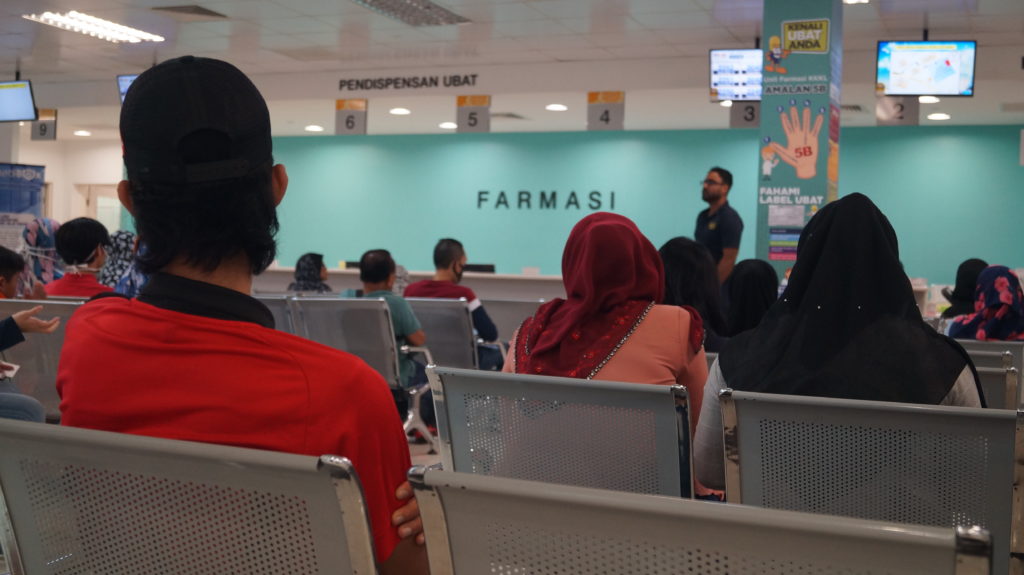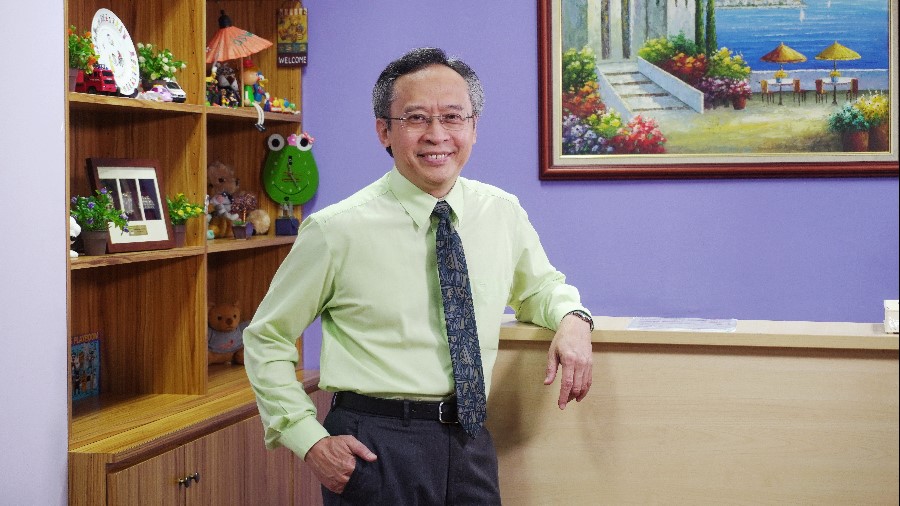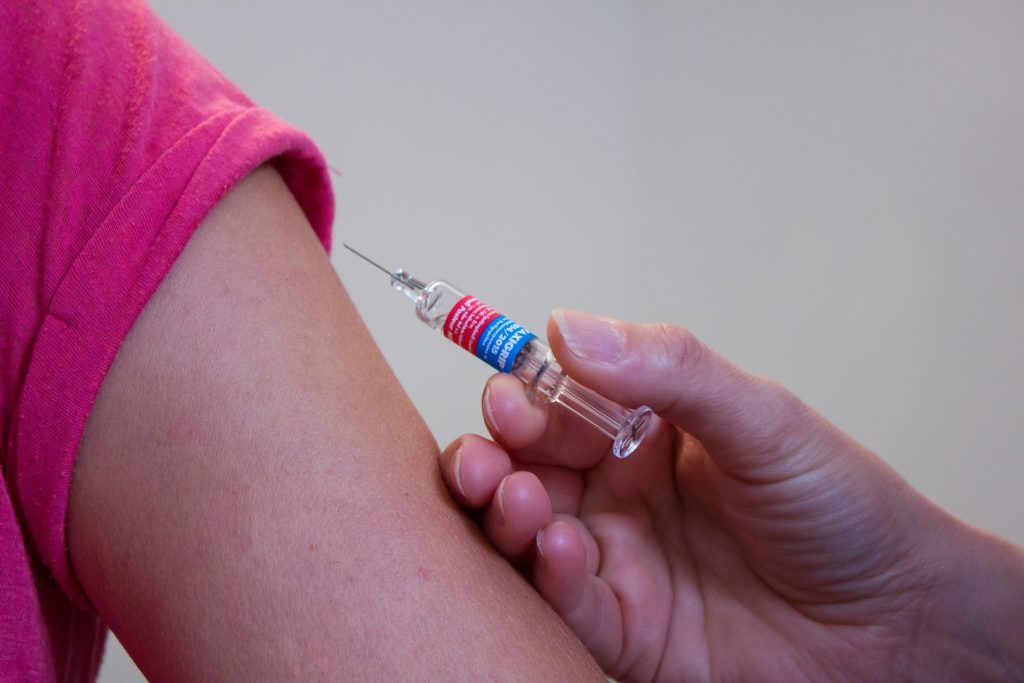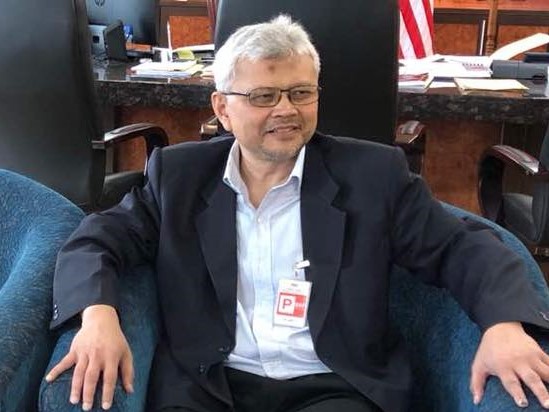KUALA LUMPUR, Dec 15 — As Malaysia gears up to receive Covid-19 vaccines by March next year, experts said vaccine confidence must be boosted amid rising misinformation.
Consultant paediatricians Dr Musa Mohd Nordin and Dr Zulkifli Ismail said tactful measures, including perpetual education which promotes vaccine literacy and wide range of awareness campaigns, will boost vaccine confidence among Malaysian adults.
“This is an ongoing patient education exercise to inform the public of the attributes of the immunisation program and to debunk the myths, fallacies and fake news,” Dr Musa told CodeBlue.
Recently, Gua Musang MP Tengku Razaleigh Hamzah quoted former Pfizer vice president Dr Mike Yeadon as saying that Covid-19 vaccines are unnecessary as people globally are acquiring natural herd immunity to the disease.
The statement has gone viral on WhatsApp and Khairy corrected the false claims, telling Tengku Razaleigh that the WHO-led project, Vaccine Safety Net, has debunked Dr Yeadon’s views.
An organisation that purports to be a “Covid Research Centre” in Kuala Lumpur has also spread Covid-19 vaccine misinformation, claiming that Covid-19 can be dealt with by improving natural immunity through “herbal and other natural treatments”.
It also cited the US’ Food and Drug Administration’s (FDA) report that two people from the vaccine arm in Pfizer’s clinical trials had died, omitting the fact that the victims aged above 55 years had died from diseases unconnected to the vaccine: heart attack and arteriosclerosis (thickening and hardening of arteries).
“Vaccine awareness campaigns should be planned in advance to reassure the public of the safety aspects of the vaccine and to allay their concerns.”
Dr Musa Mohd Nordin, consultant paediatrician
“This is also another opportunity to inform the public to actively report any side effects experienced as part of the post-marketing surveillance or pharmacovigilance for the more rarer adverse effects of the Covid-19 vaccine,” Dr Musa said.
Dr Zulkifli said: “Fear is expected because people know that all of the vaccines have been fast-tracked and there have not been any long-term results of efficacy, effectiveness, long-term protection, adverse events etc.”
While the speed of Covid-19 vaccine development is unprecedented, scientists have long been working on genetically encoded vaccines to fight infectious diseases and cancer, among others, The Scientist reported. In 1990, scientists found that cells in mice successfully produced proteins encoded in injected RNA or DNA. In the early 2000s, scientists from the University of Pennsylvania made a significant breakthrough for mRNA vaccines.
Both Pfizer and Moderna use innovative mRNA technology in their Covid-19 vaccines, harnessing synthetic genetic material to instruct the body to produce the coronavirus’ signature spike protein in small amounts. Then, the immune system is expected to recognise this protein and produce protective antibodies against it.
Does Malaysia Have Enough Manpower For Mass Covid-19 Vaccination?

Malaysia has so far signed two agreements to guarantee Covid-19 vaccines for 30 per cent of the population: the Pfizer deal signed on November 24 to vaccinate 20 per cent of the Malaysian population with 12.8 million doses, as well as an Optional Purchase arrangement with the global COVAX Facility, co-led by the World Health Organization (WHO), signed on November 23 to vaccinate 10 per cent of the Malaysian population.
A million doses of the Pfizer-BioNTech vaccine is expected to be delivered to Malaysia in the first quarter of next year, covering 500,000 people, about the same number as those immunised under the National Immunisation Programme (NIP) in an entire year. The total number expected to be vaccinated in Malaysia next year with Pfizer and COVAX vaccines are 9.6 million people.
Dr Zulkifli and Dr Musa said adding Covid-19 vaccination to the list of responsibilities for public health providers will just stretch an already overworked system.
Former Deputy Health Minister Dr Lee Boon Chye previously said in Parliament that Budget 2021 did not increase allocations for job positions in public health, noting that the Ministry of Health’s (MOH) existing workforce is already struggling with contact tracing in Malaysia’s growing coronavirus epidemic, thus delaying isolation of Covid-19 cases, which then leads to further spread of the disease.
“It will be a challenge, not so much with the screening of cases, but with their other commitments including maternal and child health, child vaccination clinics, various preventive programmes, dengue prevention activities etc,” Dr Zulkifli told CodeBlue.
Dr Musa said: “Apart from screening for Covid-19, they have the task of delivering on non-Covid-19 services. Vaccine-wise they will be delivering the newly introduced hexavalent vaccine and pneumococcal conjugate vaccine and will soon have to contend with the Covid-19 vaccine.”
Can MOH Reach Most Adults For Covid-19 Vaccination?

Public child vaccination programmes in Malaysia under the NIP have mostly relied on a passive immunisation strategy, in that health providers wait for parents to bring their children to clinics for shots, as opposed to going into the community to vaccinate children.
“If they really want to reach all the people, they will have to reach out but this will not be a cost-effective exercise. MOH has to work with professional organisations and NGOs to engage with the public,” said Dr Zulkifli.
“The ‘passive vaccination strategy’ has been effective in getting more than 95 per cent coverage through effective advocacy and education. This is for childhood immunisation.
“With adult vaccination, it will be different but the fear of Covid-19 and the desire for people to travel may drive the demand for Covid-19 vaccination,” he added.
How To Ensure People Don’t Default On Second Covid-19 Vaccine Dose?

It is to be noted that the Pfizer-BioNTech Covid-19 vaccine is a two-dose regimen, with the second dose to be given three weeks after the first.
Dr Musa strongly feels that the latest technology advancements should play a pivotal role in keeping track of the general public who get their first dosage of Covid-19. This is essential to ensure they complete their vaccination by getting the second dose too.
“Honestly, the MySejahtera has been a total disappointment. Less than four per cent of its big data had been harnessed for contact tracing. SELangkah could very easily build in a platform to remind all vaccinees to get their second dose.
“Those who fail to turn up can be contacted to turn up. This is harnessing artificial intelligence and machine learning to simplify manual tasks,” Dr Musa said, referring to MOH’s Covid-19 management app MySejahtera and the Selangor government’s contact tracing app SELangkah.
Nevertheless, Dr Zulkifli also mentioned that public health clinics would not be able to bear the burden to call every person who does not turn up for their subsequent doses.
“There are certain things that our public have to take responsibility for and not rely on public servants to remind them — one of them is vaccination. Vaccinees can be given a vaccine book or a tag to ensure that they get the subsequent doses.”
Dr Zulkifli Ismail, consultant paediatrician
“Mobile vans or clinics are practical provided the cold chain is not broken. This would be ideal so the vaccines go to the people rather than wait in the clinic,” Dr Zulkifli added.
The previous Pakatan Harapan government had proposed the implementation of electronic medical record (EMR) system throughout the country to increase the efficiency and organisation of patient medical information by reducing the time and manual effort spent on accessing patient’s information.
According to Health Minister Dr Adham Baba, the EMR system in each of these facilities will be integrated through the MyHix sharing platform, which paves the way to develop a master patient index and lifetime health records.
But currently, only 10 hospitals and a public health clinic have integrated with this platform.
This indicates the need to develop another mechanism or to upgrade the current EMR system to track Covid-19 vaccination history of people.








